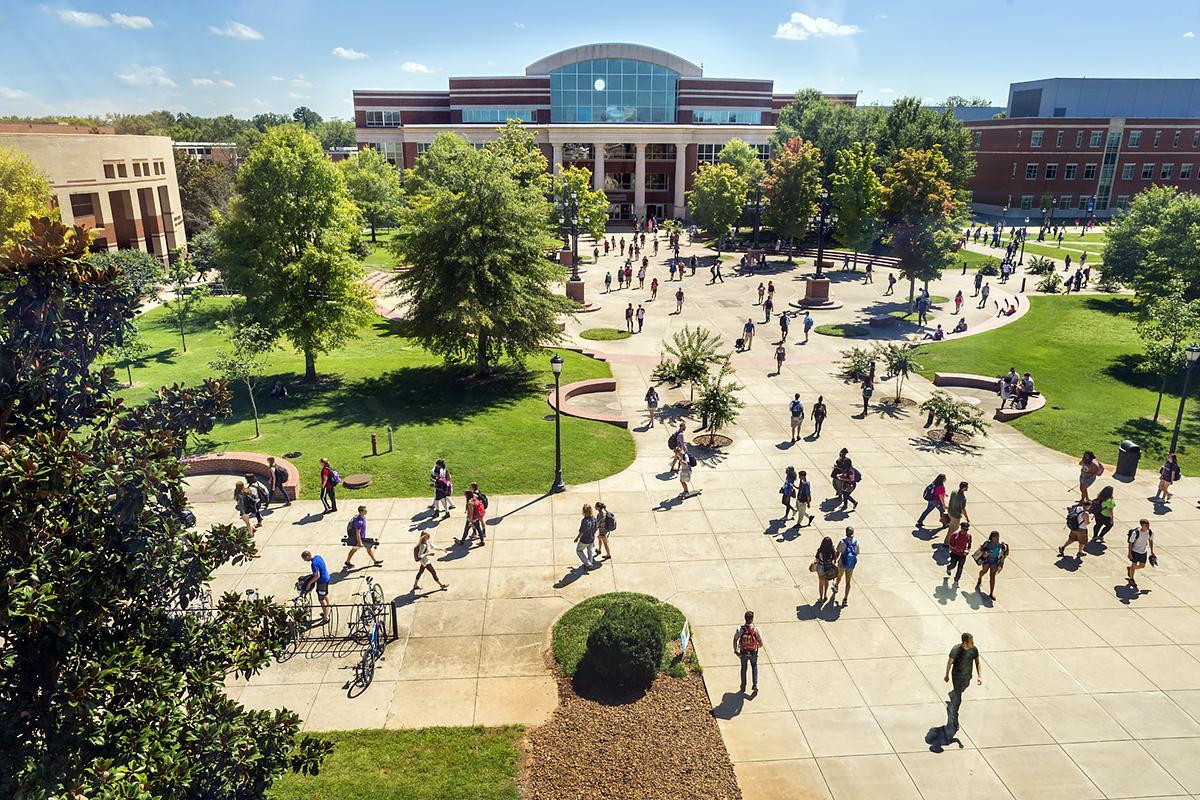Experiential Learning at MTSU
Welcome to Experiential Learning at MTSU!
MTSU believes in the value of applied knowledge –merging classroom knowledge with real-world work environments.
“Students learn best not by reading the Great Books in a closed room but by opening the doors and windows of experience.“
John Dewey
Students
MTSU gives its students the unique opportunity of linking experiential learning to academic courses.
MTSU offers a wide variety of ways students of all ages can gain and enjoy hands-on experience in the field of their choice.
Faculty
Faculty are encouraged to find ways to create and participate in programs offering a rich and unique learning and teaching experience.
Organizations
MTSU also partners with local and national businesses to provide a mutually beneficial exchange of experience and skilled and enthusiastic workers!
Staff
There are also many ways for staff to become involved in EXL!
What is EXL?
Experiential learning can best be described as
“that learning process that takes place beyond the traditional classroom and that enhances the personal and intellectual growth of the student. This education can occur in a wide variety of settings, but it usually takes on a ‘learn-by-doing’ aspect that engages the student directly in the subject, work or service involved.”
Experiential Education in the College of Arts and Sciences, Northeastern University, 1997.
Student Learning Outcomes
Students will:
- Develop an experience-based knowledge of their disciplines and demonstrate the ability to apply theories and concepts to practical problems.
- Engage in systematic reflection and demonstrate the ability to critically examine their experiences and to create connections between those experiences and disciplinary knowledge.
- Make contributions to their communities and learn the value of making these contributions (good citizenship); students will develop as individuals including understanding the needs of others, learning cultural awareness, and appreciating the differences in others.
- Develop and demonstrate managerial skills including planning, organizing, problem solving, and communicating.
- Develop and demonstrate leadership skills including interpersonal skills, ability to direct others, and teamwork.
- Develop and demonstrate research skills that will help them be successful in graduate programs.
